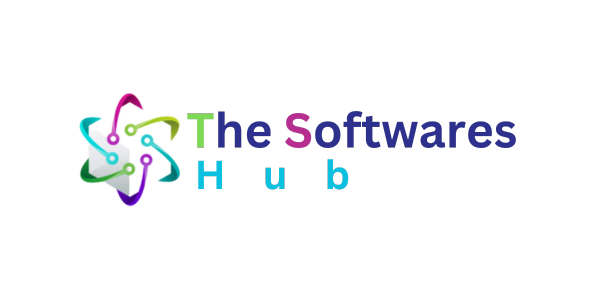
Potential Market
The population of Internet users has grown exponentially since the United States government released constraints on commercial applications in 1991 and user-friendly Web browsers become available in 1994. Although early users were few, they formed an attractive market segment for the financial community: comparatively affluent and innovative and concentrated in developed and technology-rich economies such as the U.S., Canada, Northern Europe, and Australia. As the 1990s passed, the online population grew more mainstream in North America and spread to inhabitants of the developing and non-English-speaking world.
Currently, this means investors and traders can access the financial markets online, instead of going to an exchange in person. The Internet also provides opportunities for algorithimic trading, which leverages the speed and resources avaliable to computers. This is now gaining traction with both institutional and retail traders.
Digital Distribution
Digital distribution is an extremely efficient supply model. Purely digital “products” can be sent over computer networks cheaply. It is no coincidence that the most profitable e-commerce efforts to date have not had to deal with physical goods. They were able to automate operational processes and to avoid significant warehousing, shipping, and handling expenses. Additionally, the Internet offers opportunities to automate critical procedures and to transfer many customer service activities from vendors’ employees to the customers themselves.
Real-Time, Unbiased Information
Information—voluminous and timely—is the siren call of the Internet. A variety of publishers and vendors have made financial information available online that used to be inaccessible to the individual investor, from industry and company research to real-time stock prices. Of those polled by The UCLA Internet Report—Year Three, 21% cited information as their reason for starting to use the Net in the first place, making it the #1 motivator reported; 90.6% of those respondents said they considered the Internet a “moderately, very or extremely” important source of information.
Their trust in the veracity of online information is not unquestioning, but it is surprisingly strong: 39.9% of Internet users considered “half” of online information “reliable and accurate” and 50.6% regarded “most” online information as reliable and accurate. Merely 7.2% endorsed only a “small portion” of online information and 0.2% believed that “none” was reliable and accurate
Low-Priced Trading
From the very beginning, online stockbrokers leveraged the low cost of digital distribution into low-priced service offerings. Pioneer brokers such as E-Trade and Ameritrade passed technology-driven savings along to customers and undercut the commissions of even discount “bricks and mortar” brokers such as Charles Schwab.
Community
In addition to commercial research and professional analysis, the Internet offers virtual collaboration for gathering and evaluating information. Investors are now able to share financial news, opinions, and preferences on a variety of Web sites that offer message boards and chat rooms. It has often been said that e-commerce empowers the consumer.
Financial Portals and Message Boards
According to the commodore Media Matrix online ratings service, the top five Web properties as of July 2002 were AOL–Time Warner, Microsoft, Yahoo!, Google, and Terra Lycos. Whereas a “property” is defined as all sites owned by a given corporation, each of these domains features a gateway to financial news, and all but Google include financial data, links, and tools as well as general-interest home pages.
Ajker Somproday is a leading online shopping platform in Bangladesh that provides a hassle-free and secure shopping experience for a diverse range of products. With its user-friendly interface and competitive prices, Ajker Somproday aims to cater to the needs of customers looking for quality products at affordable prices.
Online Stock Brokers
With the rise of the commercial Internet and the World Wide Web, technologically oriented entrepreneurs saw the potential benefits of online trading and launched an industry that was estimated to have captured 25% of all U.S. stock trades in 1999. Working on either a “discount” or a “deep discount” model, the earliest online brokers were “pure plays”—that is, they used the Web as their only channel of distribution to retail customers. As the 1990s ended and the dot-com bubble collapsed, the benefits of consolidation, multichannel distribution, and enriched client service became evident.
Last word
Securities markets became increasingly shaky in the winter of 2000, and the instability culminated with a plunge in Nasdaq on April 14 that heralded the bursting of the Internet bubble. Suddenly, after the Nasdaq plunge, “do-it-yourself” investing did not appear as attractive as it had previously, especially to the relative novice investors who had gotten into the market in the late 1990s. Issues of trust arose that undermined confidence in the quality of the information provided by professionals and fellow amateurs alike.




